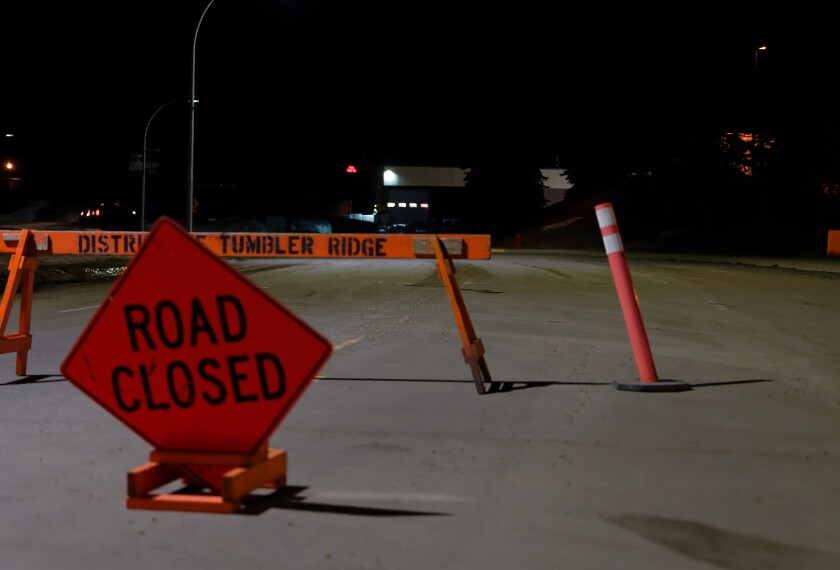The most important civics lessons for American children are found in American history.
Today, as before Sept. 11, 2001, the most important civics lessons for American children are found in American history. What better way, for example, to understand the religious freedom that underlies our democracy—and distinguishes us from those who attacked us on 9/11/01—than to consider Thomas Jefferson’s long struggle to establish the Virginia Statute for Religious Freedom? Assisted by James Madison, he worked for years to pass this law, which was a precursor to the First Amendment. We need to teach our children what an achievement it was to enact a statute declaring that individuals could be trusted to arrive at their own conclusions in matters of faith. The Virginia Statute for Religious Freedom, Madison said, “extinguished forever the ambitious hope of making laws for the human mind.”
The issue was not only religious freedom, but also intellectual freedom. “Truth is great and will prevail if left to herself,” the Virginia statute reads. “She is the proper and sufficient antagonist to error, and has nothing to fear from the conflict, unless by human interposition [she is] disarmed of her natural weapons, free argument and debate.” Anyone who tries to account for the remarkable creativity of this country needs to consider the forces set in motion when the United States of America decreed that the government could not tell its people what to believe or what to think. The freeing up of individual energy and ideas that followed has been unparalleled in human history. Try to imagine the Wright brothers, or Steven Spielberg, or Bill Gates in an oppressive society. It is inconceivable that they would flourish. The fact that invention, entertainment, and commerce have prospered so remarkably on these shores is proof of the power of our ideas, and our children should know this.
We should teach them how hard the establishment of this country was. We should help them learn how perilous was the voyage that the Pilgrims undertook, how risky was the declaration that we would be a free and independent nation, how unlikely to endure—if one judged by prior history—was the republic established in Philadelphia in 1787. It is important that our children and grandchildren understand that things might have turned out otherwise. This realization makes our freedom all the more precious. It helps us to understand that, were we to lose it, liberty might not come our way again.
Students need to know the ideals on which our country was founded, in particular the idea that all are created equal. They need to know as well how brave men and women like Elizabeth Cady Stanton and Martin Luther King Jr. called upon us to live up to our founding ideals and thus helped make us a better country.
The Sept. 11 attack on our country underscored the importance of instructing the rising generation in American history. In a time of war, our children deserve to know exactly what is at stake.




